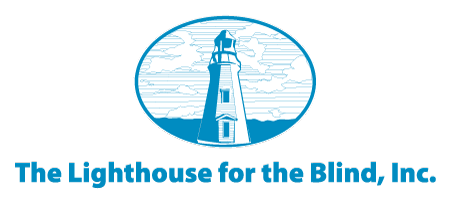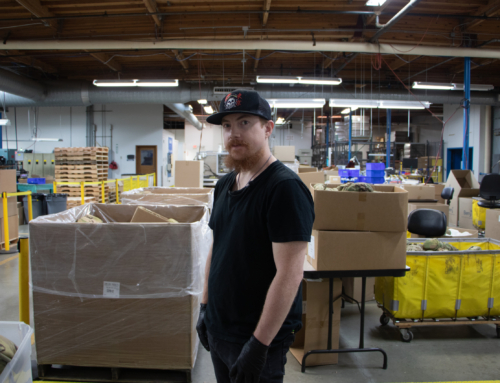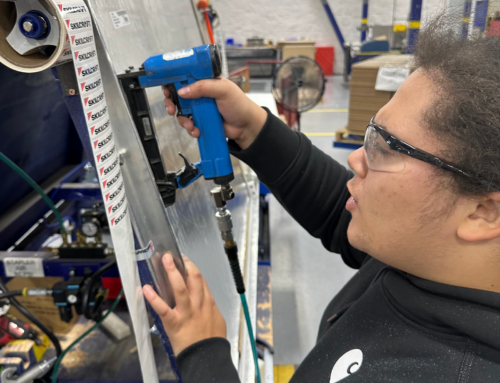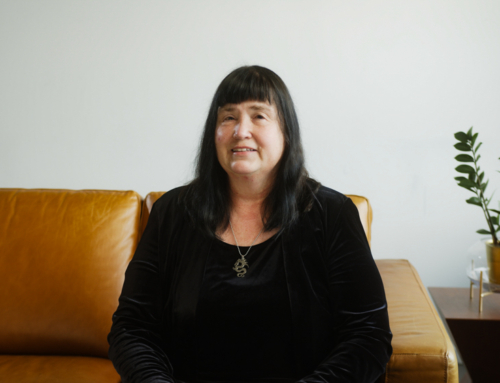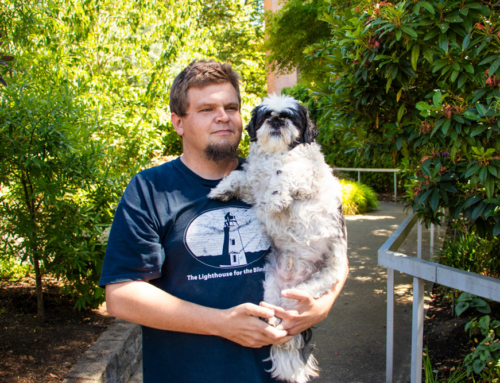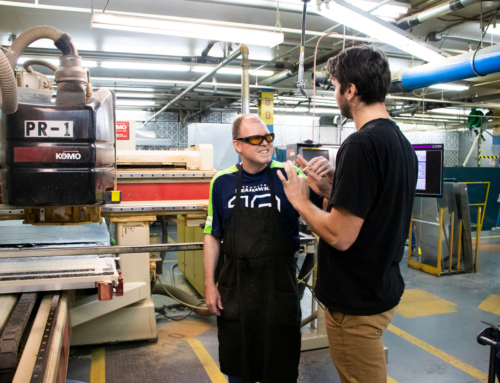With the addition of three new Okuma CNC Machining Centers and a robotic finishing cell, The Lighthouse for the Blind, Inc. continues to expand its machining capabilities to create opportunities for employment for people who are blind, Deaf-Blind, and blind with other disabilities.
In April, Seattle Lighthouse continued to expand its machining capabilities with the installation of three new Okuma Vertical Axis Machining Centers, bringing the total number of Okuma machines installed at the Seattle facility to ten. Since 2007, Okuma America Corporation and Gosiger Northwest have partnered with the Lighthouse to increase the accessibility of machining equipment, playing an active role in creating and enhancing employment opportunities for individuals who are blind, Deaf-Blind, and blind with other disabilities. They have provided generous financial support, consistent partnership, and a commitment to the Lighthouse mission. CNC machines continue to provide Seattle Lighthouse the opportunity to add value for their customers, such as The Boeing Company and Triumph Composites, by making the Lighthouse more price competitive and enabling them to meet quality and delivery requirements, while providing high-paid jobs to blind and Deaf-Blind individuals.


